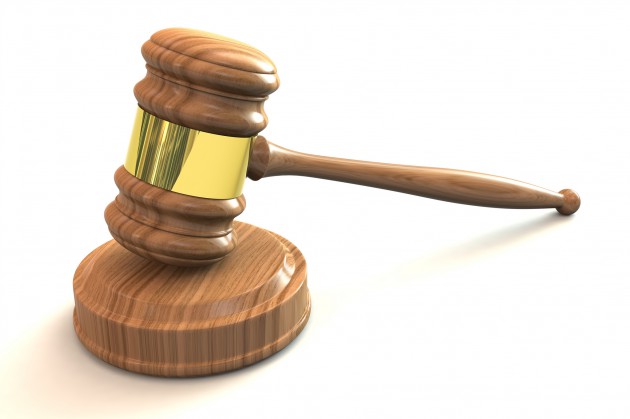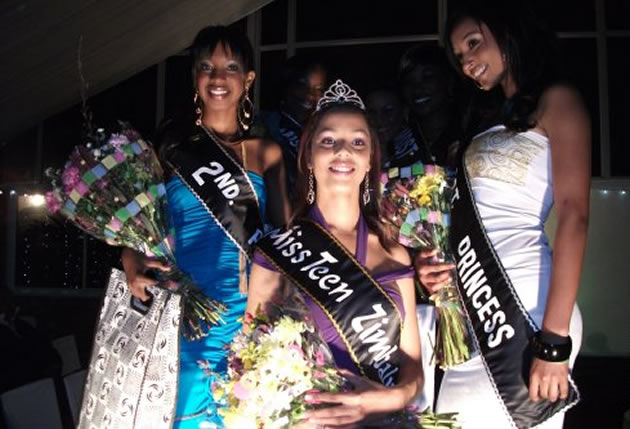Nherera challenges High Court ruling on $400k lawsuit

 Daniel Nemukuyu Senior Court Reporter
Daniel Nemukuyu Senior Court Reporter
Former Zupco board chairman Professor Charles Nherera, who recently lost a bid to sue businessman Mr Jayesh Shah for malicious prosecution, has turned to the Supreme Court appealing the High Court decision.
Prof Nherera was in 2006 jailed for two years effective for corruption.
He was being charged for allegedly soliciting for a bribe from Mr Shah, who operated Gift Investments, so that his company could be awarded a tender to supply Mazda Swaraj buses to Zupco.
After completing his sentence, the High Court heard his appeal and quashed the conviction.
This prompted Prof Nherera to sue for malicious prosecution and claimed damages to the tune of $400 000.
Last month, High Court judge Justice Nicholas Mathonsi, granted an application by Mr Shah for absolution from the instance. The decision put an end to the $400 000 claim.
In the judgment in question Justice Mathonsi indicated that Prosecutor General Mr Johannes Tomana could have abused the court process to rubber-stamp the acquittal of former Zupco board chairman, Prof Nherera on corruption charges.
Advocate Lewis Uriri represented Mr Shah, while Advocate Thembinkosi Magwaliba acted for Prof Nherera.
Aggrieved by the decision, Prof Nherera filed an appeal at the Supreme Court.
In a notice of appeal filed recently, Prof Nherera wants the High Court judgment to be quashed and have Mr Shah’s application dismissed.
He argues that the judge erred in throwing away his claim.
“The High Court erred in finding that the appellant had not established a prima facie case for the delict of malicious arrest, prosecution and detention.
“The High Court further erred in finding that the respondent had not instigated the appellant’s arrest, prosecution and detention.
“The High Court further erred in finding that the respondent had reasonable and probable cause to have made a report to the relevant authorities, which led to the arrest, prosecution and detention of the appellant,” reads the notice of appeal.
Prof Nherera said the High Court erred in stating that he had failed to show how the damages he was claiming had been arrived at.
The matter is yet to be set down for hearing at the Supreme Court.
Justice Nicholas Mathonsi, in his recent judgment, accepted Adv Uriri’s argument that Prof Nherera was “crucified and resurrected by the same office”, and allowed the application.
Mr Tomana invoked provisions of Section 35 of the High Court Act to quash Prof Nherera’s conviction.
Under the Act, the quashing of an appeal is made upon the prosecution consenting to the appeal.
The court found that the Attorney General’s Office (at the time) made the decision under the leadership of Mr Tomana, who was very close to the case.
The judge noted in his judgment that Prof Nherera was convicted by the criminal court. The conviction, he said, was supported by the prosecution on three separate occasions when Prof Nherera escalated his effort to secure his liberty.
The court noted that Mr Tomana, who is now the PG, was the legal advisor to Zupco, which was involved in the criminal prosecution of Prof Nherera at the time, as well as his legal representative in addition to being a board member of Zupco.
Further, Justice Mathonsi noted that Mr Tomana testified in defence of Prof Nherera during trial and made it clear that he had no case to answer.
The judge said Mr Tomana was elevated to the position of the then AG in 2008 and when Prof Nherera’s appeal came to the High Court in 2009, he was now in charge of prosecutions.
He said what made the case exceptional was the fact that at the trial court, the prosecution was successful.
The failure, he noted, came at the appeal stage when the State decided to make an about-turn and refused to support the conviction, depriving the appeal court a chance to make its own view on the merits of the appeal.
Justice Mathonsi also made a finding that even before Prof Nherera was charged, Mr Tomana had, in his capacity as a board member, made up his mind about the former’s guilt or innocence.









Comments